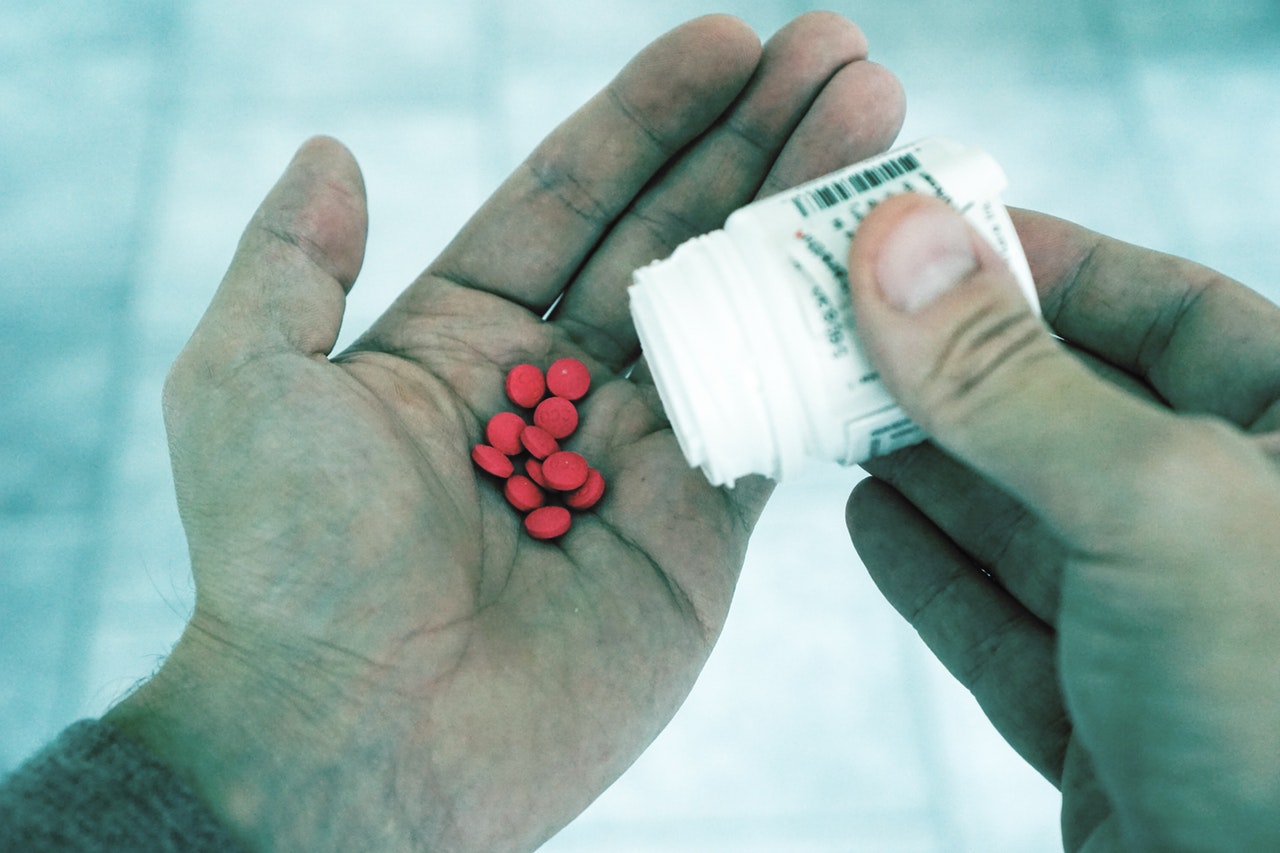
If you are thinking about participating in a clinical trial, you may be hesitant at first. You may not know what it even entails. Every trial is different, but they have commonalities. A clinical trial is when specific research is conducted to evaluate a new medical treatment, drug, or device. The purpose of a clinical trial is to discover new methods of prevention, screening, diagnosis, and treatment. Most clinical tests make it possible to apply scientific and technological advances to the care of patients and their conditions. This provides new opportunities to find cures for diseases while broadening the research that we have.
What Happens?
During a clinical trial, scientists and doctors utilize the most advanced available treatment as a standard to evaluate something new, which they hope will be at least as effective as current treatments. The goal, of course, is to come up with better solutions and cures for longstanding diseases. The options of treatment options are first researched in a laboratory while the doctors determine which are more likely to work. These are then evaluated in a small group before being applied to a larger clinical trial. If a medical treatment is studied for the first time, scientists don’t know exactly what will work, how patients will react, and what will happen. There are always risks and benefits to clinical trials.
Phases
Each clinical trial is conducted in four phases, with every one designed to find specific information and builds on the information of previous stages. Participants may be eligible for clinical trials in different ones depending on their overall condition and most patients take part in phases three and four.
During the first phase of a clinical trial, a small number of participants receive the drug or treatment. The researchers conducting a study can then determine the most effective way to provide a new treatment while discovering the effectiveness of new drugs. They can also find their side effects and work to mitigate them. Second doctors figure out the effects of a drug, treatment, or therapy for a particular condition that is being evaluated.
This is where patients come in. The next phase compares new treatments with the standard treatment and studies different populations, dosages, and combinations of drugs. Then the final phase applies the new treatment to general patient care after the FDA approval for marketing. For example, a medication that has been found to be effective in a clinical trial might be used with effective drugs to treat a particular disease or condition.

What are Physicians Looking for?
According to the site MoneyPug, which is used to find the best life insurance, doctors are trying to answer simple but important questions with these clinical trials. First they are trying to determine if the treatment is safe and effective. They are trying to see how well the treatment works, if it is potentially better than other treatments that are available. Finally, they are trying to see fit there are any side effects of the treatment and what risks they that will come with these new results have in the future.
Observational Studies
An observational study assesses the health outcomes in participants according to research or protocol. Each participant will possibly receive some sort of intervention, which can include medical products, devices, and drugs. Some of these procedures are a part of the routine medical care but other patients are not assigned to a specific intervention. Scientists or doctors may observe a group of adults to learn more about the effects of different lifestyles, drugs, and treatments heart health, aging, and other issues.
Getting Involved
Depending on the clinical trial and your situation, there are a few ways to do this. If you are suffering from a rare disease or ailment, there may be some clinical trials that could help you and find better treatments. If it does not have to do with a disease, you could participate in clinical studies for compensation. This is particularly alluring for students who want to make an extra buck. Having said that, it is key to do some research on what you are getting yourself into. When you understand what will happen, you can go into the clinical trial knowing that it will be worth your time, energy, and effort.
Clinical trials help doctors find new cures and treatments, but they aren’t without their risks. When you are thinking about participating, it is key to ask all the questions you have on your mind in order to make sure the trial is for you.
